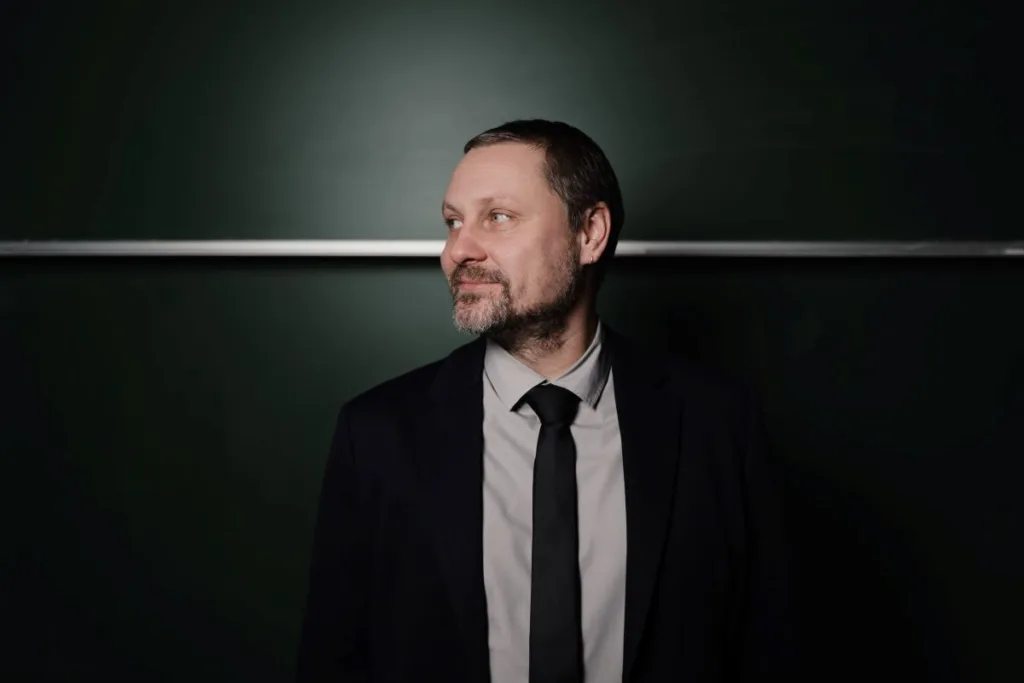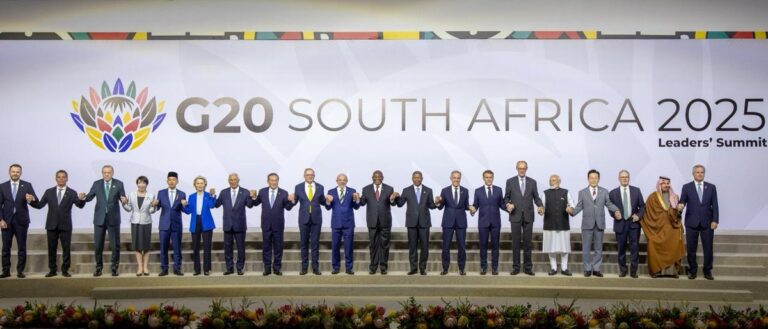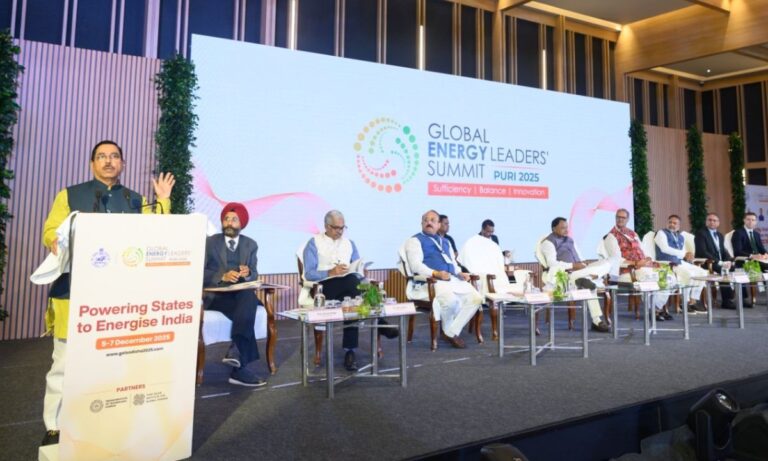
VU Scientists on Quantum Technologies: Acquire Knowledge Now to Harness Future Potential
In May 2023, Vilnius University (VU) signed an agreement with the Poznań Supercomputing and Networking Centre (PSNC), the first institution in Central Europe to join the IBM Quantum Network. This cooperation provides the infrastructure for the academic community to use quantum technologies and develop new fields of science and study in the area of quantum computing at VU and nationally.
According to Professors Povilas Treigys and Remigijus Paulavičius of the Faculty of Mathematics and Informatics of VU, who participated in the process of concluding the agreement, the cooperation opens up new opportunities for everyone willing to be at the forefront of technology to conduct research and study quantum computing. Thus, we will be sufficiently prepared to use the technological potential that, in the future, will probably surpass classical computers in various important fields, from the development of medicines to optimising financial market models.
Not only technology but also educational material
“Quantum technologies are extremely expensive. For example, the price of a supercomputer ranges from several to ten million euros, while the lower price limit for quantum computers ranges from 60 to 70 million euros. It would be too expensive for a small country to develop such technologies on its own. Therefore, it was necessary to look for ways to cooperate”, says Prof. Treigys.
“Cooperation with PSNC has not happened by accident”, Prof. Paulavičius explains. “This centre is the leader in the field of quantum technologies in the Central and Eastern European region, and there are no alternatives to it. Overall, our partnership in high-performance computing has lasted for over a decade. Now, we will be able to use the resources available to the PSNC ourselves, both to test the most powerful computers, including the entire infrastructure and to exchange ideas and good practices in the field of quantum technologies”.
According to the scientist, by taking on experience from PSNC, we will become capable of even more targeted investment in quantum technologies. PSNC, which is part of the Institute of Bioorganic Chemistry of the Polish Academy of Sciences, was the first institution in Central Europe to join the IBM Quantum Network in February 2022. The centre is also scheduled to have a physical quantum computer in 2025.
“Thanks to the network, we currently have access to the quantum computing performed in the U.S. However, access alone is not enough. In order to be able to use it, we need to employ the HPC (High Performance Computing) infrastructure available at VU. In Lithuania, we are the leaders in high-performance computing; thus, it is only natural that PSNC wanted to cooperate specifically with VU”, explains Prof. Treigys.
According to Prof. Paulavičius, VU has also gained wide access to the educational resources developed by PSNC. VU will undertake the task of translating, adapting, and localising the material while simultaneously creating the conditions for the inclusion of the neighbouring countries. On the other hand, PSNC is responsible for organising the training and preparation of specialists who, having taken over the technology, could share experience in the country and the entire region.
Future: a centre of excellence in quantum computing and new study programmes
Prof. Treigys is convinced that “quantum technologies are the future of science. However, the time to act is now. If we miss the moment, in a couple of years, it will already be too late. If we want to be at the forefront of technology, now is the right time to start with applications, science, and studies in the field of quantum computing”, he urges.
His colleague Prof. Paulavičius reiterates: “It is precisely because of the enormous potential of quantum technologies that we should be considering ways to become service providers instead of just being buyers. With this ambition in mind, this year, we proposed establishing a centre of excellence in quantum computing and research. This is the first initiative in Lithuania that seeks to rally scientific institutions and companies interested in promoting science and business cooperation in the field of quantum computing”.
According to the scientists, as early as next semester, VU students will be able to choose a new subject titled ‘Introduction to Quantum Computing’. From the next academic year, there are plans to offer more study programmes dedicated to quantum technologies.
For the community to better assimilate the new technologies, not only are educational materials being translated, but research related to quantum computing is also being promoted through competitions in cooperation with Adam Mickiewicz University in Poznań. In May, the VU team participated in a quantum hackathon. Moreover, VU was approached to be the organising institution of the competition in Lithuania.

Where are we to apply quantum technologies?
“Quantum computing is based on physics, mathematics, and computer science. This is an interdisciplinary field which requires certain arrangements for it to work”, Prof. Treigys explains.
According to the scientist, as a branch of physics, quantum physics is not a new scientific field at all. However, the specific technologies allowing us to model the quantum and use it as a unit of computing are still very new. Prof. Treigys clarifies that “it wasn’t until about 2010 that the number of articles on the topic published in scientific journals began to grow exponentially. The leader in quantum technologies, IBM, introduced the first publicly available quantum computer in 2019. The first quantum computer started operating with a memory of 20 cubits (units of computing of a quantum computer), and today we have a 433-cubit computing machine. IBM has announced that it intends to launch a 4000-cubit-memory quantum computer imminently in 2025”.
Prof. Paulavičius continues: “The potential and idea of quantum computers is to empower people to solve the tasks that modern classical computers can’t. These include cryptography, simulating chemical processes, finance, logistics, etc., including, for example, various financial market optimisation methods”.
So far, says Prof. Paulavičius, humankind has dealt with these issues in a very approximate manner due to the complexity of the models involved. According to the complexity theory of algorithms, even a slight increase in the scope of a task results in an enormous increase in its complexity: “If we are able to improve these models by several per cent or even by a fraction of a per cent by using a quantum computer, billions in profits could be earned globally. It is similar in the area of security; we are safe as long as no one can hack thecurrent security measures. However, more efficient quantum computers will actually open up greater possibilities for this to happen, which is why it is so important to start preparing for the post-quantum era by researching, developing, and deploying quantum-resistant encryption solutions.”
The world’s great powers are investing in quantum technologies
Prof. Treigys notes that the world’s superpowers are investing considerable sums in quantum technologies: “Since the development pace is enormous, in the future, state investments will grow exponentially. That is why we need to look for ways to draw Lithuania’s attention to the extremely rapidly developing field of quantum computing now by focusing on knowledge about the technology, including the research devoted to it”.
According to him, now is precisely the right time to focus on making VU a centre of quantum technologies by expanding cooperation both locally and in the region.
Prof. Paulavičius has noted that while the U.S. is the leader in the field of quantum technologies, China is leading the world in terms of investment in quantum technologies. In 2022, China’s investment in quantum technologies amounted to $15 billion, while in Europe, the UK, Germany, France, Denmark, and Switzerland are the leading investors in the field. The German government has decided to invest a total of €3 billion in the development of a universal quantum computer by 2026. Overall, the quantum computing market is forecasted to exceed $4531.04 billion by 2030. This will represent a growth rate of 28.2 per cent.
That is why VU scientists are emphasising the need to begin investing in quantum technologies in Lithuania now so that we can also contribute to their development in the foreseeable future.






